Content
Intrinio clients leverage this data to inform their investment strategies, work into their models, or to display inside of fintech applications to help bring dark pool insights to their users. Outsiders, including retail traders https://www.xcritical.com/ and investors, typically don’t have immediate access to dark pool trade data. The reporting delays and confidentiality measures are designed to protect the interests of institutional participants.
What is your current financial priority?
As a result, we will dig into each one and understand how dark pool trading works. Then, you can make an informed decision about how a tool like Flowtrade would benefit your trading. If you want to look into using dark pool trading to your advantage, check them out. Check out our Flowtrade review and learn how to get a free Bullish Bears what are dark pool trades membership through them.
BlackBox Trading System – Stocks
These private trading venues allow institutional investors to buy and sell large blocks of securities away from the public eye, offering benefits like reduced market impact and enhanced anonymity. However, one of the critical questions surrounding dark pools is when and how the trades executed within them are reported. To avoid the transparency of public exchanges and ensure liquidity for large block trades, several of the investment banks established private exchanges, which came to be known as dark pools. For traders with large orders who are unable to place them on the public exchanges, or want to avoid telegraphing their intent, dark pools provide a market of buyers and sellers with the liquidity to execute the trade. As of Feb. 28, 2022, there were 64 dark pools operating in the United States, run mostly by investment banks.
Frequently Asked Questions About Dark Pools
For example, AI algorithms can dynamically match large buy and sell orders with minimal market impact, improving the efficiency and confidentiality of large transactions. Furthermore, AI-driven systems can monitor trading activities in real time to detect and prevent fraudulent or predatory trading practices, thereby enhancing the overall integrity and fairness of the dark pool trading environment. Generally, the shock of Covid-19 on financial markets negatively affects liquidity – in other words, the ability to trade large quantities of assets promptly and with little or no impact on the price.
Would you prefer to work with a financial professional remotely or in-person?
Unwary investors who just bought RST shares will have paid too much since the stock could collapse once the fund’s sale becomes public knowledge. In fact, in February of 2022, only ~53% of trading happened on traditional exchanges. This means that almost half of trading activity did not register in traditional market data feeds (stock prices) from stock exchanges. This trading is happening behind the curtain, in private dark pools, unbeknownst to the average investor. Technological integration ensures that dark pools operate harmoniously within the broader financial ecosystem.
How Does Dark Pool Affect Stock Prices?
- One of them has sold 30,000 copies, a record for a financial book in Norway.
- As of March 2023, Intrinio offers a robust and powerful Dark Pool data set.
- Traders wanted lower execution costs and did not want competitors to know what, when, the price, and quantity of instruments they were trading.
- Generally, dark pools are not available to the public, but in some cases, they may be accessed indirectly by retail investors and traders via retail brokers.
- There are three types, including broker-dealer-owned dark pools, agency broker or exchange-owned dark pools, and electronic market markers dark pools.
Accessing dark pool data can be tricky as well, since it happens “off” the traditional exchanges. The stock prices from dark pool trades still show up in the traditional exchange feeds, but a blank field is presented where there would typically be an “exchange” variable to explain which exchange the trade happened on. Robust security measures are essential, given the high stakes in dark pool transactions. Advanced encryption technologies are critical in securing communication and data exchange between traders and dark pools. Encryption protocols ensure that all transmitted data, including trade orders and participant identities, are shielded from unauthorized access.
How Do Dark Pools Differ From Lit Pools?
In this scenario, the uninformed trader will be likely to pay more or accept less money than is optimal for the asset that they are trading. With the effects of technological advances and the implementation of regulatory interventions, dark trading has become mainstream. While dark pools offer various advantages, they also have disadvantages and drawbacks. Let’s take a look at some of the disadvantages of dark pool trading.
The Purposes of Dark Pool Trading 👨🏫
Dark pools caught the eye of lawmakers after the $20 billion collapse of investment firm Archegos Capital Management rattled markets in April. Most of the major dark pools are broker-dealers and are primarily located in New York. All these were available in dark pools, but soon there were problems. The “flash crash” of 2010—an event that lasted about 36 minutes and wiped out almost $1 trillion in market value—showed that more regulation was needed to control high-frequency trading. In practice, dark pool trading provides some important benefits, such as the ability to trade a large volume of stocks while minimizing information leakage. This dynamic changes once volatility in the exchange exceeds the maximum level needed for informed traders to avoid the dark pool.
When Do Dark Pool Trades Show Up in the Market?
One such strategy is “iceberg” orders, where only a small portion of the total order is displayed on the open market. This allows traders to execute large orders without tipping off other market participants about their intentions. In addition to these general regulatory requirements, dark pools are subject to specific rules designed to promote fairness and transparency in the trading process.
Yet, charting these prints can provide valuable insights to stock and options traders. Due to an unprecedented surge in trading volume for meme stocks, Robinhood had shut down trading for those particular stocks. While there are a lot of negatives that come with the concept, dark pools can also be beneficial to the market (up to a certain point). Imagine one of your friends calls to ask if you would prefer to trade shares on the digital exchange he created in his basement.
SmartAsset Advisors, LLC (“SmartAsset”), a wholly owned subsidiary of Financial Insight Technology, is registered with the U.S. Once the market gets word that the mutual fund is liquidating its shares, the price will quickly drop. And if this is a particularly high-end fund, the public loss of confidence might depress the stock price further. This means that every new buyer will pay less and less for each parcel of the mutual fund’s stock. The board is not looking to enrich itself, just restructure the company. Yet as the company begins to buy all of its own shares off the market, the price will spiral, pushing expenses, and potentially debt, higher.
While public exchanges like the Nasdaq offer real-time data on market volume, private exchanges can keep the volume data hidden up to certain limits allowed by regulations. All over-the-counter trades involve a certain amount of risk that you will pay too much or too little. Although, in the case of dark pool trading, you can mitigate that by aligning your trades with the publicly available data. However, traders on a dark pool are typically acting in advance of the market. The stocks that you buy or sell today could swing wildly in price quite soon.
Some criticisms of Dark Pools include a lack of transparency, potential for market manipulation, and negative impact on price discovery in public markets. Dark Pools offer a more private and less volatile trading environment, as orders are matched anonymously and executed outside of public exchanges. Lit dark pools are regulated by securities laws and are required to report their trading activity to the relevant authorities.
While a sizable order could have a considerable impact on an illiquid market, the same trade can be executed in a dark pool without slippage. A public exchange would publish all of this information through its central marketplace. Investors would immediately know about the takeover or share buyback in progress and would trade accordingly. On a dark pool, these parties can keep things quiet a little longer and hopefully avoid spiraling prices. In the 1990s, HFT became so pervasive that it grew increasingly difficult to execute large trades through a single exchange. Because large HFT orders had to be spread out amongst multiple exchanges, the transactions inadvertently alerted trading competitors.
Specifically, at a sufficiently low level of price volatility – that is, in normal conditions – the proportion of trading in dark pools for a given asset will increase with volatility. But when volatility becomes excessive, trading in dark pools decreases as volatility increases. In European markets, the volume of trading executed in dark pools accounted for 9.1% and 9.6% of all on-exchange activity in April and July 2019, respectively.
Acting in this market means taking a significant risk that this information will prove valuable. If the amount of trading in dark pools owned by broker-dealers and electronic market makers continues to grow, stock prices on exchanges may not reflect the actual market. For example, if a well-regarded mutual fund owns 20% of Company RST’s stock and sells it off in a dark pool, the sale of the stake may fetch the fund a good price.
Although they are legal, dark pools operate with little transparency. As a result, both HFT and dark pools are oft-criticized by those in the finance industry; some traders believe that these elements convey an unfair advantage to certain players in the stock market. They represent the ideal stock market because they are truly transparent. Crypto has dark pools that behave similarly to other assets like stocks. They allow institutional traders to make transactions whose details are also hidden from the public. By design, dark pools were created so that the trading activities of institutional traders that may affect retail traders are taken elsewhere.
The earliest dark pools were created by a company called Instinet in the 80s. These alternative markets were designed to help institutions trade large blocks of shares anonymously and in parallel to the public market. However, until the late 2000s, trading on these exchanges only represented 4% – 5% of the total trading volume.
Typically, large institutions trade “off” the traditional exchanges in Dark Pools as a way to keep the transaction private, or avoid inflicting significant volatility in the markets when they are making big trades. It’s harder to “move the market” when the trades are hidden, and these firms can save big time on transaction fees by trading through a Dark Pool. Uninformed traders will gravitate towards the dark pool because their risk of being affected by having insufficient information compared with an informed trader is lower in a dark venue. On the other hand, informed traders – who are wary of the costs of delay in the execution of their orders in dark pools – will largely stay in the lit market.



